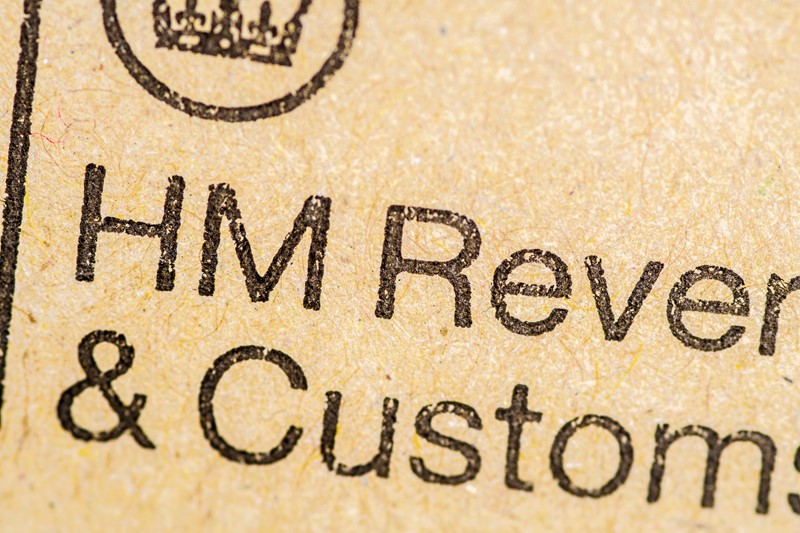One of the more ‘niche’ measures introduced as part of the Autumn Statement measures related to Capital Gains Tax: Share for Share Exchange.
This is intended to stop UK tax being avoided by non-UK domiciled individuals on chargeable gains made on the disposal of a UK business, or income received in respect of shares or securities held in a UK business, by exchanging securities in a UK company for securities in a non-UK holding company.
The new measure took effect for share exchanges or schemes of reconstruction conducted on or after 17 November 2022. The measure only applies to holdings greater than 5% in ‘close’ companies.
The measure deems shares and securities in a non-UK company received in exchange for share or securities in a UK company to be located in the UK for the purpose of Capital Gains Tax.
Non-domiciled individuals will now pay tax on gains or income received from the shares or securities in the non-UK company, in the same way as if they were in a UK company.





